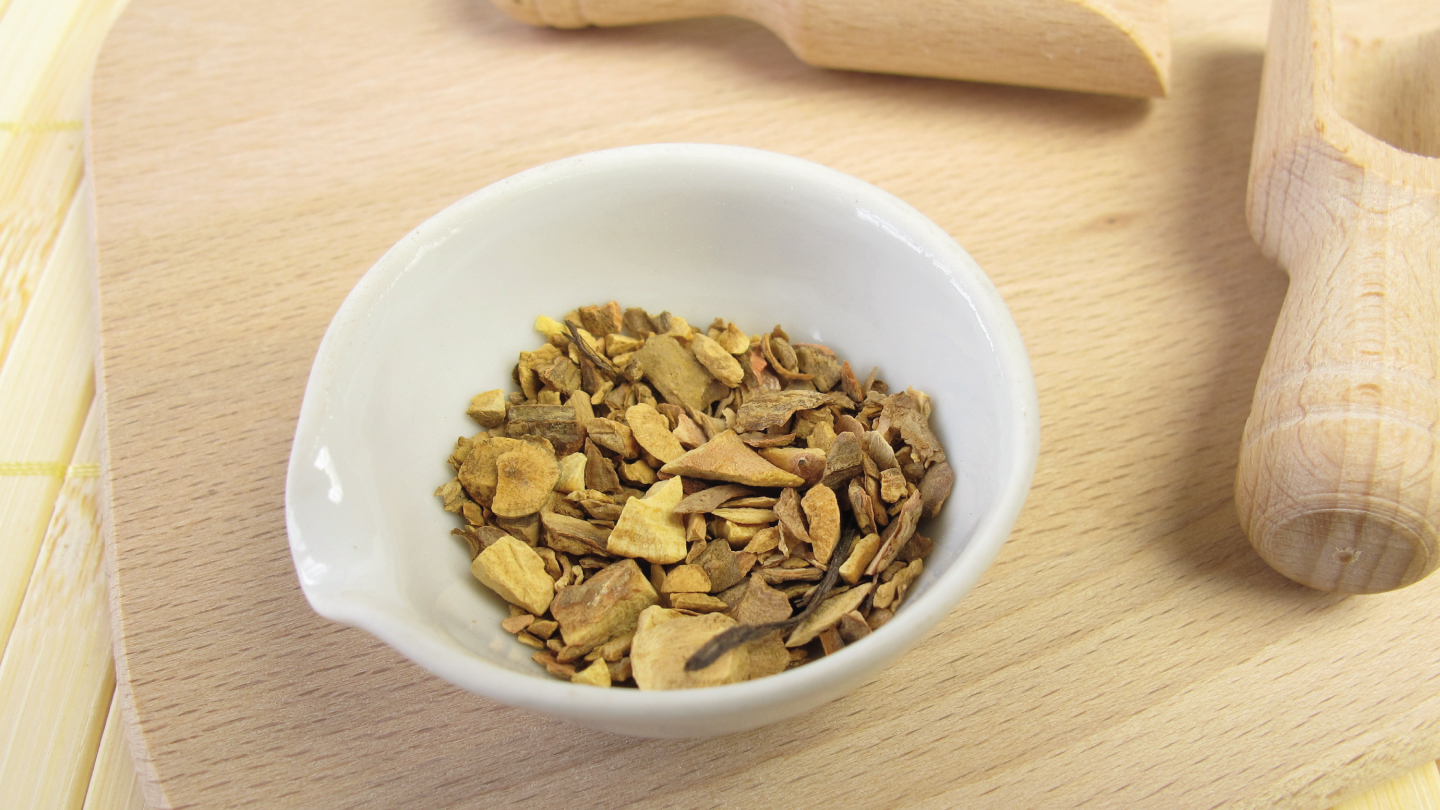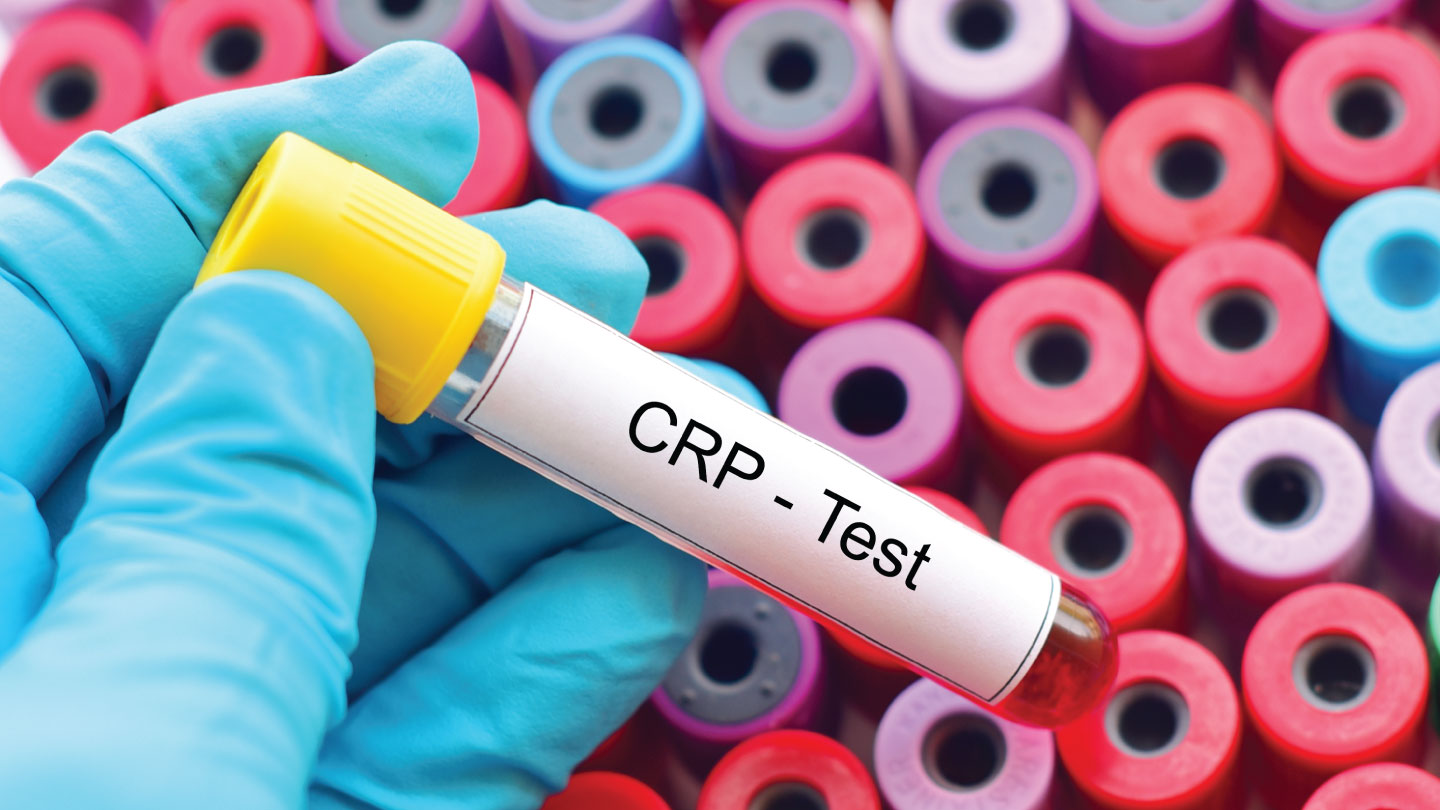Medical
Sarpagandha is Ayurveda’s Answer for Hypertension
Hypertension continues to rise in India, with millions depending on daily pills. Research is now revisiting Sarpagandha (Rauvolfia serpentina), an Ayurvedic herb, for its role in supporting blood pressure management.

If high blood pressure cases were burgers, India could fill McDonald’s grills every second. One in three adults already lives with it, making it a leading risk factor for heart disease, stroke, and kidney failure. Standard treatment often depends on multiple antihypertensive drugs, which, though effective, bring side effects and long-term cost. As conversations around integrative medicine gain momentum, Ayurvedic herbs are attracting renewed interest. Among them, Sarpagandha stands out as a century-old remedy now supported by modern clinical studies.
Related story: A Celebrity Nutritionist’s Guide To Managing Hypertension
India’s Dependence on Medication
The urban hypertension prevalence is hovering at 20 to 40 per cent, and rural rates at 12 to 17 per cent. The Indian market for anti-hypertensive drugs generated revenue of USD 1,379.6 million in 2023 and is projected to reach USD 2,036.8 million by 2030.
Physicians frequently prescribe beta-blockers, ACE inhibitors, diuretics, or calcium-channel blockers for long-term control. While necessary for many, chronic use often causes dizziness, fatigue, metabolic disturbances, and challenges with patient adherence, creating demand for natural blood pressure support that’s safe and cost-effective.
Related story: 10 Things To Know About Hypertension
Ayurveda’s Answer: Sarpagandha
Known botanically as Rauvolfia serpentina, Sarpagandha is deeply rooted in Ayurvedic practice for conditions like hypertension, anxiety, and insomnia. Unlike modern pharmacology, Ayurveda traditionally employs the whole herb, not just the isolated alkaloid Reserpine (a substance extracted from the roots of Sarpagandha). This holistic use is believed to enhance bioavailability, maintain synergy of active compounds, and reduce adverse effects, reflecting the Ayurvedic principle that the whole is greater than the sum of its parts.
Related story: How to Manage Anxiety
What Research Says
Polyherbal Formulations
An open clinical trial on M-Sarpagandha Mishran (a combination of Sarpagandha with other herbs) documented an average drop in systolic blood pressure from ~158 mmHg to ~126 mmHg and diastolic pressure from ~98 mmHg to ~78 mmHg after eight weeks. Patients also reported improved sleep and reduced anxiety, without significant side effects.
Sarpagandha Ghana Vati
A comparative study of Raktadabashamak Ghana Vati and Sarpagandha Ghana Vati showed reductions of 11 per cent in systolic and 10 per cent in diastolic pressure, making it clinically meaningful for individuals with stage-1 hypertension.
Whole Herb vs Extract
Traditional formulations appear to balance Reserpine’s hypotensive action with other alkaloids and phytochemicals, lowering the risk of severe depression or nasal congestion—an aftereffect sometimes seen with purified reserpine tablets.
These findings, published in peer-reviewed journals such as the Journal of Ayurveda and Integrative Medicine and IJRAP (International Journal of Research in Ayurveda and Pharmacy), underscore that Ayurvedic hypertension management can align with evidence-based practice.
Integrating Sarpagandha Responsibly
Experts advise that Sarpagandha should never be started on one’s own. It must be taken only under the guidance of a qualified doctor or Ayurvedic practitioner, as drug interactions can be deadly if the herb is combined with prescription medicines without supervision. It is essential to inform your doctor about all the medications, supplements, and herbal products you are taking.
Please note that Sarpagandha may serve as a complementary approach for mild to moderate hypertension, but abrupt replacement of prescribed drugs is unsafe. Careful attention to dosage, individual constitution (Prakriti), and accompanying lifestyle modifications, such as a balanced diet, regular physical activity, and stress reduction, remains crucial.
Related story: 9 Diet Tips To Reduce Heart Risk In People With Hypertension
With the UR.Life Corporate Wellness programme, we help you to invest in your well-being through seamless interventions and targeted medical treatments. Our holistic wellness approach caters to all aspects of your well-being. We ensure that you are able to bring your whole self to work.
With our medical professionals by your side, routine health check-ups will never be an issue. Advanced laboratory technologies back UR.Life’s Occupational Health Centers (OHC), and with highly qualified experts/technicians, we’re committed to delivering trusted and quality recommendations, modifications and advice to you.
Click here to learn more about the UR.Life Corporate Wellness programme and unlock better health.
EXPLORE MORE
Nearly all cases of cervical cancer are linked to the human papillomavirus (HPV). Now, a Mexican scientist may have found a breakthrough therapy that could change the future of women’s health.
Many types of inflammation aren’t obvious on the surface. Learn which blood tests can reveal it and how to understand the numbers.
You are religiously following all the dos and don'ts of your sugar diet, yet the meter is not going in your favour? Note down these everyday non-food-related reasons that might be causing that spike.
Some symptoms look small but carry big risks. From a mole that changes shape to a cough that won’t quit, here are the subtle warnings doctors never overlook.










